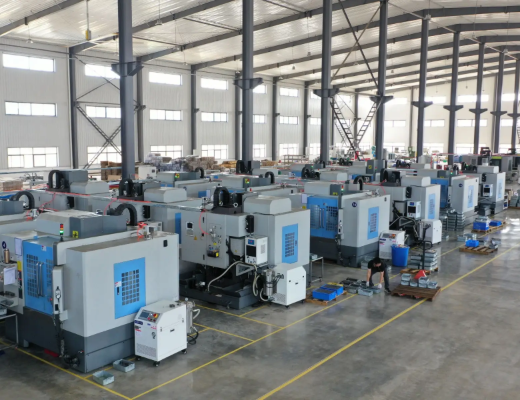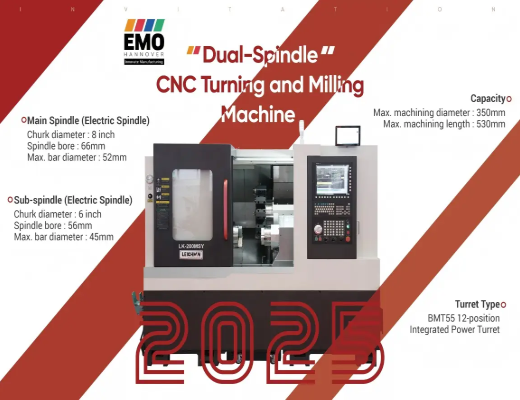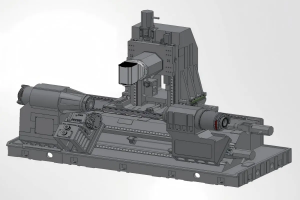In today’s manufacturing landscape, CNC machining solutions are at the forefront of innovation. The integration of CNC automation not only enhances productivity but also significantly improves the precision and efficiency of manufacturing processes. As industries increasingly adopt these advanced technologies, understanding their impact is crucial for businesses aiming to remain competitive.
The Role of CNC Automation in Enhancing Efficiency
CNC automation revolutionizes the way machining tasks are performed. By automating repetitive and complex machining processes, manufacturers can significantly reduce cycle times and minimize human error. For instance, using CNC automation allows for continuous operation, enabling machines to run overnight with minimal supervision. This capability leads to increased output without compromising on quality, making CNC machining solutions more viable for companies looking to optimize production.
In our experience, companies that implement CNC automation find that their ability to maintain consistent quality improves dramatically. With precise control over machining operations, businesses can achieve micron-level accuracy, which is essential for components in industries such as automotive and aerospace. This level of precision ensures that products meet stringent industry standards, ultimately enhancing customer satisfaction.
Case Study: Success in Automotive Gear Manufacturing
A prime example of the benefits of CNC machining solutions can be seen in a recent upgrade by an automotive gear manufacturer in Stuttgart, Germany. Faced with the challenge of achieving mirror finishes and micron-level consistency on hardened steel gear blanks for electric vehicle transmissions, the company invested in the Leichman LKX1250 Five-Axis Turn and Mill Center.
This advanced machine, featuring true 5-axis capability and dual spindles, replaced two separate turning and milling stations. The upgrade led to a remarkable 34% reduction in cycle times while maintaining an impressive ±0.001° accuracy during complex undercuts. The integrated automatic tool changer, with 60 slots, allowed for both roughing and finishing in a single setup, streamlining the entire machining process.
Engineers noted the LKX1250’s built-in vibration control, which further improved precision and reduced wear on tools. This automation not only enhanced productivity but also allowed the company to meet increasing demands for high-quality components in the rapidly evolving electric vehicle market.
The Future of CNC Machining Solutions
As we look to the future, the importance of CNC automation in machining processes will only grow. With advancements in technology, including artificial intelligence and machine learning, CNC machining solutions are poised to become even more sophisticated. These innovations will enable manufacturers to analyze data in real time, optimize machining parameters, and predict equipment maintenance needs, further enhancing productivity.
CNC automation is not just a trend; it is a fundamental shift in how manufacturing operates. Businesses that embrace these changes will find themselves better equipped to meet market demands, reduce operational costs, and improve overall efficiency.
Embracing Innovation for Competitive Advantage
In conclusion, the adoption of CNC machining solutions, particularly through CNC automation, is essential for manufacturers seeking to enhance productivity and maintain quality. Companies like Leichman are at the forefront of this transformation, providing advanced machinery that meets the evolving needs of modern industry. By integrating these solutions, businesses can achieve significant improvements in efficiency and precision, ensuring their competitiveness in today’s fast-paced market.










